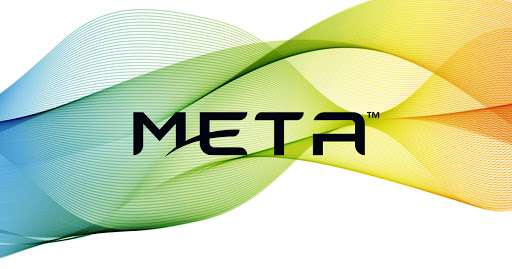Dartmouth advanced materials company Meta Materials, which has made headlines in recent years for a succession of high-dollar-value capital raises from public markets, has inked a collaboration deal with a large, but unnamed Japanese manufacturer.
The Japanese company, which Meta Materials describes as “a leading global manufacturer,” operates in the automotive sector. The two businesses will collaborate to scale production on Meta’s NANOWEB technology, which is a highly conductive metal mesh that can be printed on nearly any surface using a proprietary lithography tool.
While Japan has a vibrant auto industry, only a handful of its domestic manufacturers are globally notable — primarily Toyota, Honda, Nissan and Subaru, along with parts makers like Takata Corporation. Meta Materials said in a statement its partner company already has significant expertise in the area of transparent, conductive films like NANOWEB.
“This is a major milestone in our work to commercially deploy NANOWEB, and we’re proud to qualify a global contract mass manufacturer of choice,” said Meta Materials CEO George Palikaras in a statement. “We have been working closely since February of 2023 with the manufacturer, and we are extremely pleased with the results of our quality tests.
“We’re excited to move forward, and we’re ready to develop customer-specific applications and enter into volume scale-up agreements.”
This is not Meta’s first collaboration with a high-tech Japanese firm. The company also has a deal with Sekisui Chemical to develop a film to reflect 5G radio waves, potentially improving the next-gen wireless technology’s underwhelming range by bending the radiation around buildings and other obstacles.
The new deal comes after a turbulent few months for Meta shareholders, but also a successful capital raise by the company. Management announced in April it would sell another 83 million of its shares at US$0.30 apiece on the Nasdaq stock exchange to raise US$25 million, or C$33.4 million at the time. Its shares shed 40 percent on the announcement, falling to just under US$0.22, but roughly holding their value since then, for a current market cap of just over US$105 million.
Conductive films could prove to be a lucrative business line for Palikaras’s team. According to Oregon-based Allied Market Research, the global transparent conductive film market could be worth as much as US$12.9 billion by 2030, up from about US$4.9 billion in 2020. The underlying technology has widespread applications in not just the automotive world, but also consumer electronics and other industries. Touch-screen displays, for example, use similar films.










